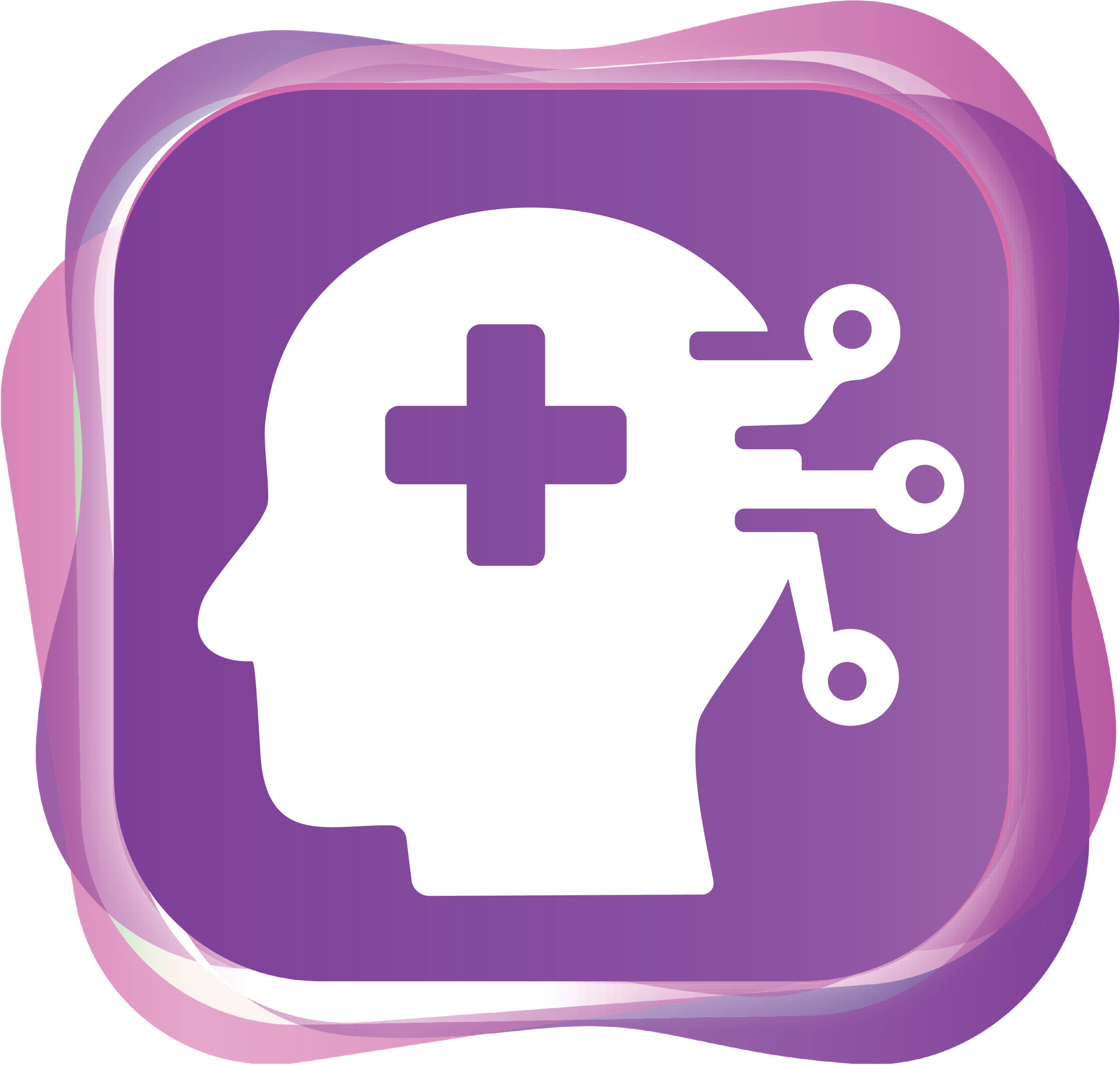 |
CCAI9020 Artificial Intelligence
|
Course Description
AI is poised to transform everyday life in unprecedented ways in the coming decade. How will it impact how you care for yourself and your family? By unpacking how AI can enhance diagnosis, optimize treatment, and strengthen preventive care, you will discover how data-driven solutions address pressing issues across individual, community, and worldwide contexts.
During the first six weeks, we will explore AI’s influence on personal health and well-being, such as disease prevention, navigating career choices, family dynamics, and caring for aging family members. In the next six weeks, we will explore AI’s influence on a broader scale, examining AI’s role in pandemics, data privacy, ethical dilemmas, entrepreneurship, and health economics. Students will analyze success stories such as AI-assisted telemedicine in underserved regions and failures that highlight the need for robust governance and ethical frameworks.
Through interactive lectures, tutorials, fieldwork, and group projects, students will have a solid understanding of AI’s benefits, constraints, and ethical dimensions when designing innovative healthcare solutions. Upon completion, students will be equipped to address diverse healthcare challenges, leveraging AI’s potential to improve lives, foster healthier communities, and shape the future of global healthcare.

Course Learning Outcomes
On completing the course, students will be able to:
- Recognize different technologies used to solve the common problems in the primary healthcare.
- Explain common problems in the healthcare across different life stages: 1) Understand how primary healthcare is put into practice; 2) Critique the level of intersectoral collaboration in healthcare.
- Demonstrating and understanding of the AI core technologies and technical challenges.
- Analyse the impacts of new technologies on primary healthcare.
- Create a comprehensive framework of adapting new technologies in primary healthcare.
Offer Semester and Day of Teaching
First semester (Wed)
Study Load
| Activities | Number of hours |
| Lectures | 18 |
| Tutorials | 12 |
| Seminars | 6 |
| Fieldwork / Visits | 18 |
| Reading / Self-study | 16 |
| Assessment: Essay / Report writing | 20 |
| Assessment: Presentation (incl preparation) | 20 |
| Assessment: Group project | 10 |
| Total: | 120 |
Assessment: 100% coursework
| Assessment Tasks | Weighting |
| Essay | 30 |
| Group Project | 25 |
| Group presentation | 25 |
| Field visit report | 20 |
Required Reading
Introduction to AI in Personal Health
- TEDx Talks. (2021). Artificial intelligence in healthcare: opportunities and challenges | Navid Toosi Saidy | TEDxQUT. From https://www.youtube.com/watch?v=uvqDTbusdUU
AI in Reproductive Health
- Click On Detroit | Local 4 | WDIV. (2023). How AI is changing the parenting game. From https://www.youtube.com/watch?v=YfGdgYmadX0
- Tamir, S. (2022). Artificial intelligence in human reproduction: charting the ethical debate over AI in IVF. AI and Ethics, 3, 947–961. From https://doi.org/10.1007/s43681-022-00216-x
AI in Elderly Care
- TEDx Talks. (2024). Artificial Intelligence That Helps Seniors Stay in their Homes | Mai Lee Chang | TEDxOshkosh. From https://www.youtube.com/watch?v=ZSoXaM5p3Yw
Reading Week
- Beam, A. L., Drazen, J. M., Kohane, I. S., Leong, T. -Y., Manrai, A.K., & Rubin, E. J. (2023). Artificial Intelligence in Medicine. New England Journal of Medicine, 388(13), 1220–1221. From https://doi.org/10.1056/nejme2206291
- CTV Your Morning (2023). Healthcare tips for young adults | Your Morning. From https://www.youtube.com/watch?v=pYh5Wc6dROU
- Ramesh, R. (2017). What is Artificial Intelligence? In 5 minutes. From https://www.youtube.com/watch?v=2ePf9rue1Ao
- Topol, E. J. (2019). High-performance medicine: the Convergence of Human and Artificial Intelligence. Nature Medicine, 25(1), 44–56. From https://doi.org/10.1038/s41591-018-0300-7
Building Trust in Healthcare AI
- Larson, D. B., Magnus, D. C., Lungren, M. P., Shah, N. H., & Langlotz, C. P. (2020). Ethics of Using and Sharing Clinical Imaging Data for Artificial Intelligence: A Proposed Framework. Radiology, 295(3), 675–682. From https://doi.org/10.1148/radiol.2020192536
- PracticalBioethics. (2023). The Challenge of Ethics and AI in Healthcare. From https://www.youtube.com/watch?v=9gyx8U7wCqQ
Launching AI Health Solutions
- Petersson, L., Larsson, I., Nygren, J. M., Nilsen, P., Neher, M., Reed, J. E., Tyskbo, D., & Svedberg, P. (2022). Challenges to implementing artificial intelligence in healthcare: a qualitative interview study with healthcare leaders in Sweden. BMC Health Services Research, 22(1). From https://doi.org/10.1186/s12913-022-08215-8
- The Strategy Group. (2017). Design Thinking in 90 Seconds. From https://www.youtube.com/watch?v=vQytKCT563I
- Tomisin Ajiboye. (2015). Refining your Ideas. From https://www.youtube.com/watch?v=GZvoksu_CI4
Course Co-ordinator and Teacher(s)
| Course Co-ordinator | Contact |
| Professor G.T. Zhang Department of Orthopaedics and Traumatology, LKS Faculty of Medicine |
Tel: 3917 6987 Email: tgzhang@hku.hk |
| Teacher(s) | Contact |
| Professor G.T. Zhang Department of Orthopaedics and Traumatology, LKS Faculty of Medicine |
Tel: 3917 6987 Email: tgzhang@hku.hk |
| Professor C.K. Wong Department of Medicine, LKS Faculty of Medicine |
Tel: 2255 3597 Email: wongeck@hku.hk |
| Dr C.T.Y. Sit School of Nursing, LKS Faculty of Medicine |
Tel: 3917 6695 Email: ceciliasit@hku.hk |
| Dr D.D. Wu Department of Family Medicine and Primary Care, LKS Faculty of Medicine |
Tel: 2518 5657 Email: dianadwu@hku.hk |

